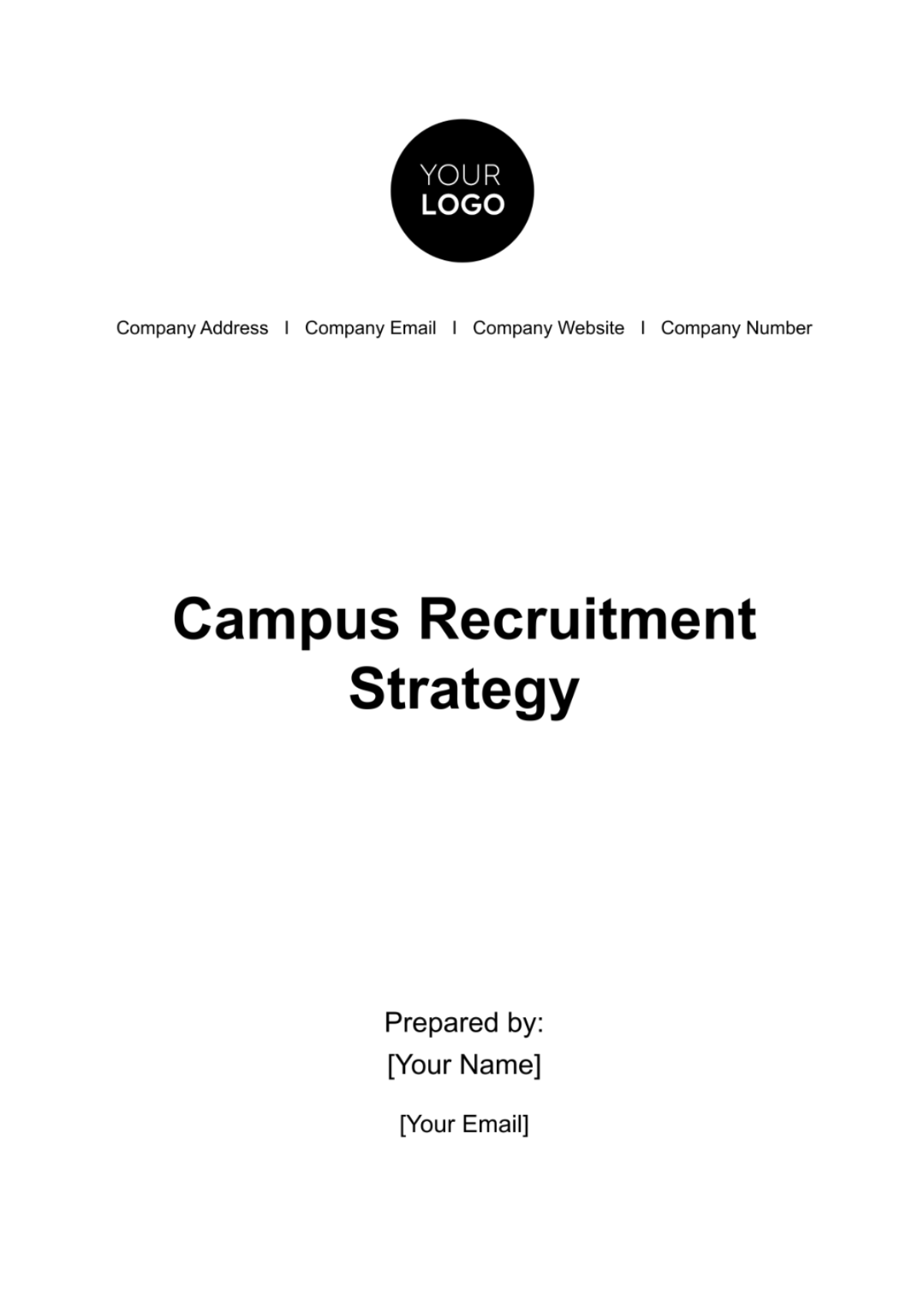Free Campus Recruitment Strategy Document HR
Craft a winning campus recruitment strategy with our Campus Recruitment Strategy Document HR Template. Tailored for HR professionals, this comprehensive template guides you through every step. From goal setting to execution, it ensures a streamlined approach to attracting top talent from educational institutions. Elevate your campus hiring efforts with this essential resource.
